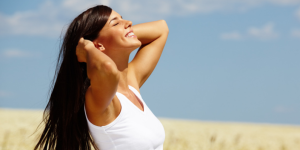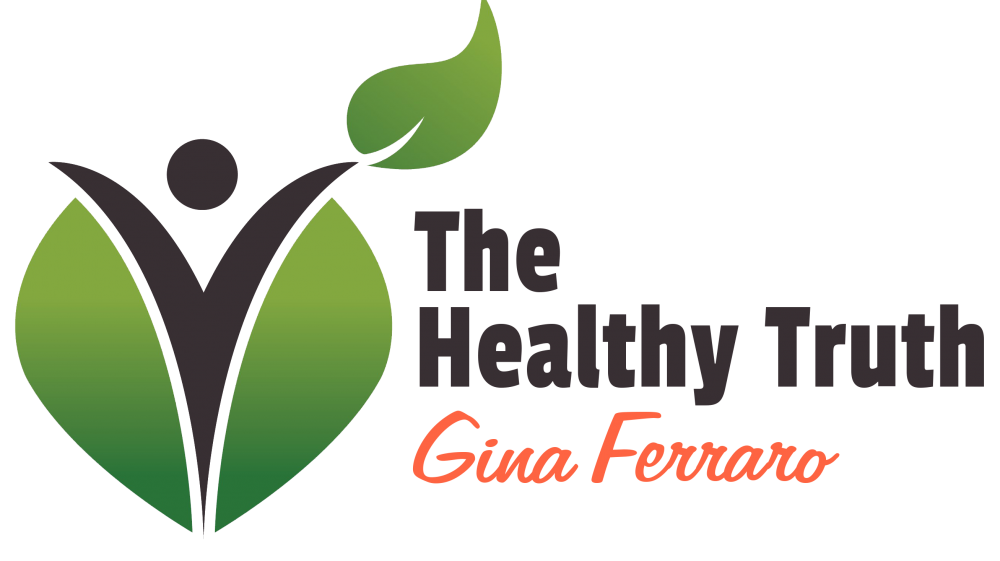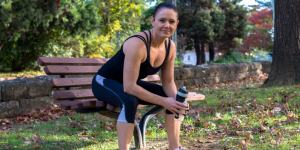Facts About Vitamin D
 Marketing is the main way people expose themselves to information, yet what people neglect to understand is that marketers have only ONE objective – to sell you on their point or product. Unfortunately, they often neglect to give you ALL the information and just focus on the points that will convince you to be a consumer of their product.
Marketing is the main way people expose themselves to information, yet what people neglect to understand is that marketers have only ONE objective – to sell you on their point or product. Unfortunately, they often neglect to give you ALL the information and just focus on the points that will convince you to be a consumer of their product.
We live in a scare-mongering time where snippets of information can powerfully cause public behavioural shifts. Obviously, we need to be mindful of the damage that sun-abuse can cause to our bodies, but our sun-smart ways may not be as “smart” as we think!
What is Vitamin D?
Vitamin D is essential for absorbing calcium and phosphorous for strong bones. Furthermore it is now believed that this vitamin D is also needed for:
- Immune system, which helps you to fight infection
- Muscle function
- Cardiovascular function, for a healthy heart and circulation
- Respiratory system –for healthy lungs and airways
- Brain development
- Anti-cancer effects
How To Get Enough Vitamin D
The two main ways to get vitamin D are by exposing your bare skin to sunlight (ultraviolet B rays) and by taking vitamin D supplements (the best form is Vitamin D3). You can’t get the right amount of vitamin D your body needs from food and your body cannot make this vitamin on its own.
Important facts on skin exposure:
- The more skin that is exposed the faster the body absorbs Vitamin D – so larger skin areas such as legs and back are better then smaller areas such as face and arms
- You don’t need to tan or to burn your skin in order to get the vitamin D you need. Exposing your skin for a short time will make all the vitamin D your body can produce in one day. In fact, your body can produce 10,000 to 25,000 IU of vitamin D in just a little under the time it takes for your skin to turn pink.
- Skin type determines how much exposure is necessary. Fair skinned people produce less Melanin so do not need as much time in the sun as darker skinned people who produce more Melanin. Melanin protects against skin damage from too much UVB exposure, so darker skins with more melanin allow less UVB to enter the skin. With less UVB getting through the skin, less vitamin D is produced each minute.
- Your skin produces more vitamin D if you expose it during the middle of the day.
- Solariums (tanning beds) also help the body produce Vitamin D. As with sun exposure it is recommended to get half the amount of exposure that it takes for your skin to turn pink. Using low-pressure beds that have a good amount of UVB light, rather than high-intensity UVA light are also best.
- As we get older our skin has more difficulty producing Vitamin D so supplementation may be a better option
- Supplementation is also recommended for those who have little to no skin exposure to the sun during the week (i.e. indoor jobs or outdoor jobs where you are largely covered up)
What About Sun Damage & Skin Cancer?
Research to date shows that moderate but frequent sun exposure is healthy but overexposure and intense exposure can increase your risk of skin cancer.
Using sunscreen is not as recommended as using shade and clothing to protect your skin, because it hasn’t consistently been shown to prevent all types of skin cancers. But if you do want to use sunscreen, use a sunscreen that blocks both UVA light and UVB light.
If you are still anxious and concerned about skin exposure then your next best options is daily supplementations. Just ensure you are getting a good quality product supplement so do your homework.
The individual recommendations are dependent on numerous factors and it can be complicated. To read more and get a better understanding please click the following link for more in depth information:
http://www.vitamindcouncil.org/about-vitamin-d/how-do-i-get-the-vitamin-d-my-body-needs/#

